Most African countries will not reach SDG child mortality goal
COVID-19: Mozambican analysts advocate different measures for each region
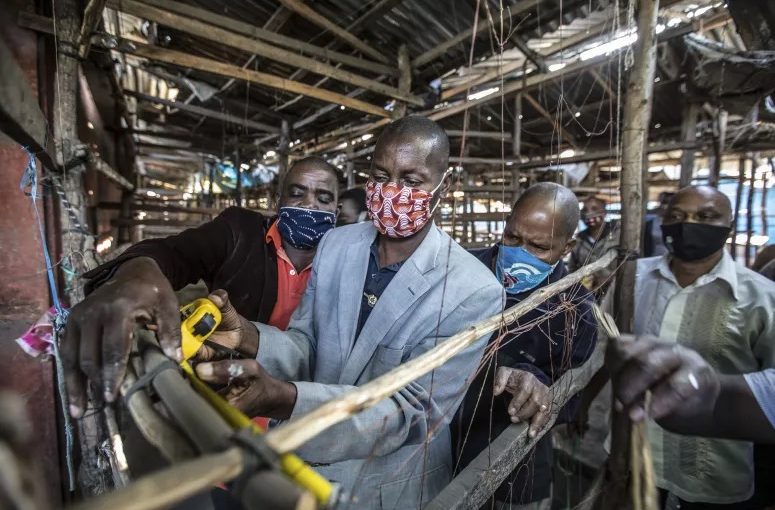
File photo: Lusa
Mozambican analysts advocated today in statements to Lusa different restrictions for each region of the country, according to the Covid-19 epidemiological situation it faces.
“Adopting the same measure for everyone may not be realistic and have dire consequences, because not everyone is in the same context,” activist Fátima Mimbire says regarding the conditions of the third extension of the state of emergency in the country.
Mimbire, a member of the Budget Monitoring Forum (FMO), cites the restarting of classes in Nampula, the country’s worst affected province, saying that the risk cannot be equated with the implementation of the same measure in Niassa, where the number of registered infections is low.
“The province of Nampula is not in a situation to reopen schools,” she says.
On the other hand, many schools in the country “have no water. Even at home there is no hygiene, and in public institutions there are only ‘ad hoc’, non-standard measures”.
Most of Mozambique’s active cases are in the north of the country, in the provinces of Nampula and Cabo Delgado. These are also the provinces with the highest ratio of positive results to tests carried out.
Political analyst Juma Aiuba agrees that there must be tailor-made solutions to different realities.
“I think we should see where you can relax measures, where trade can flow” without any major damage to preventative measures, he says.
In Nampula, where Aiuba lives, people may be more suspicious of the authorities’ measures, because it is a Mozambican National Resistance (Renamo, the main opposition party) stronghold. There are also high levels of illiteracy and vulnerability to rumours.
“Telling [people] that we cannot go to markets to sell our products but that we can go to school will reinforce the rumour that it is an ‘invented disease’,” Aiuba says, adding that the people should be offered more detailed explanations.
Journalist and analyst Fernando Lima believes that each province should have its own set of measures.
“Depending on the evolution, the authorities should impose specific measures for certain areas regarding confinement and inter-district and provincial travel,” he advocates.
The availability of rapid tests to measure the evolution of the pandemic in certain areas would help to alleviate measures generally and their targeting on the most sensitive places.
Lima says the reopening of schools should be possible, because the Mozambican government has received US$309 million (€275 million) in support from the International Monetary Fund.
“The government could use this [IMF] funding to give schools better water supply systems, and the children at least minimal standards of hygiene,” Lima adds.
By Monday (June 29), Mozambique had 883 accumulated cases of Covid-19, with six deaths and 229 recoveries.
The Covid-19 pandemic has already claimed more than 502,000 lives and infected more than 10.20 million people in 196 countries and territories, according to the French AFP news agency.


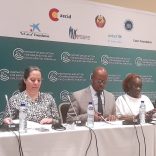
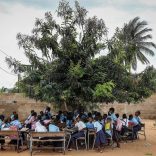
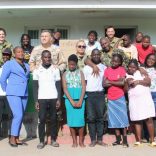
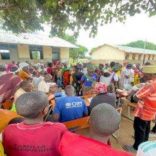

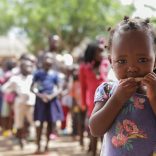





Leave a Reply
Be the First to Comment!
You must be logged in to post a comment.
You must be logged in to post a comment.